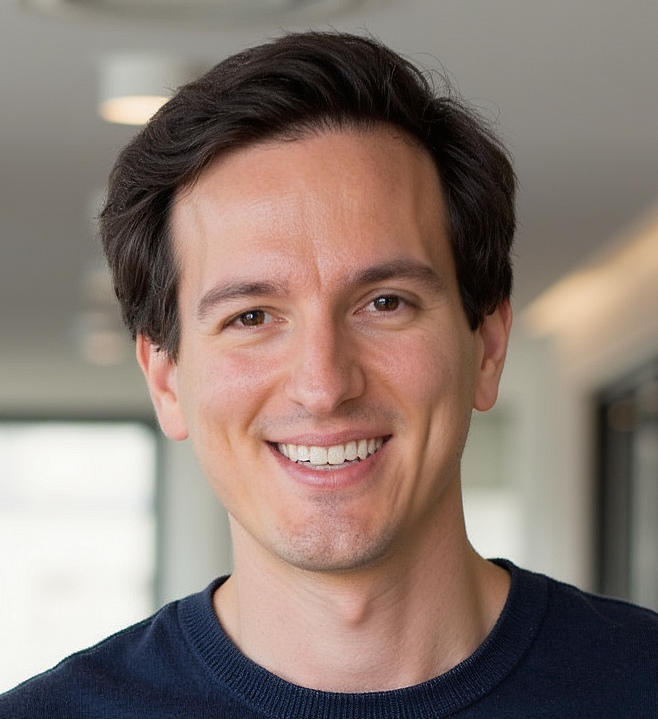The conversation about artificial intelligence usually gravitates toward spectacular disasters. We worry about superintelligence seizing control or mass unemployment destabilizing society. Derek Thompson’s widely discussed essay, "You Have 18 Months," introduced a quieter, more intimate anxiety. He focused not on the machines taking our jobs, but on the potential softening of the human mind.
His thesis is simple and unsettling. We have a short window, perhaps eighteen months, before the sheer convenience of artificial intelligence leads us to voluntarily stop thinking for ourselves.
The heart of Thompson’s argument is the belief that the struggle of writing is synonymous with thinking. Organizing a chaotic mind into coherent prose is hard work. It requires structuring arguments, refining logic, and discovering what we truly believe through the act of articulation. It is a form of resistance training for the brain.
When we ask Gemini or its equivalents to produce a first draft, we skip the workout. We gain efficiency but lose the mental strength that comes from the struggle. It is a persuasive fear. Who hasn’t felt the slightly guilty relief of letting the machine handle the heavy lifting?
Yet this perspective relies on a narrow definition of intellectual effort. It assumes the cognitive value lies solely in the generation of sentences. If we accept that premise, then yes, we are headed for trouble. But history suggests that technology does not eliminate the need for thought. It relocates it.
The Relocation of Rigor
We have been here before. The arrival of the calculator did not end mathematics. It freed mathematicians from the drudgery of long division, allowing them to tackle more complex problems. Google Search did not destroy memory; it changed the value of information recall, prioritizing synthesis instead.
In every significant technological shift, tools absorb a mechanical task. Generative AI is absorbing the mechanics of articulation. The ability to write competent, fluent prose is rapidly becoming a utility, like electricity or running water.
This transformation is forcing a profound shift in the knowledge worker’s role. We are moving from the role of the artisan wordsmith to something akin to a conductor or a film director. The primary intellectual effort no longer lies in crafting the individual sentence. It lies in the strategy that precedes the writing and the judgment that follows it.
The Director's Chair
Before the AI begins to type, the human must define the intent. Guiding the machine effectively, what some call prompting, is not about finding magic words. It is about rigorous conceptualization.
This requires clarity of purpose and deep subject matter expertise. You cannot effectively direct a machine on a topic you do not understand. You must know the destination before you ask the AI for the route. In the past, we often discovered what we wanted to say only as we wrote it. Now, the intellectual heavy lifting moves upstream, demanding strategic clarity before the first word is generated.
The Age of Discernment
Once the draft is produced, the critical cognitive work begins. Modern AI is dangerously fluent. It produces text that is plausible, coherent, and often entirely wrong. This phenomenon of confident nonsense, or hallucination, demands a new level of critical engagement.
The human role shifts fundamentally from creation to verification. This is not proofreading. It is a rigorous analytical task, requiring the ability to spot subtle logical flaws, absent nuance, or factual inaccuracies. The editor’s role, demanding skepticism and expertise, is now the essential safeguard of meaning.1 It is often harder to identify subtle flaws in fluent prose than obvious errors in a messy human draft. The machine provides the fluency; the human must provide the truth.
The Adaptation Imperative
Thompson's eighteen months are better viewed not as a deadline for our decline, but as an urgent adaptation period. The risk is not the technology. The risk is complacency.
If we use these tools passively, accepting their output without interrogation, the atrophy Thompson fears will become reality. We will become passive consumers of our own summarized reality.
However, if we approach them as partners, demanding rigor and applying expert judgment, we find ourselves not diminished, but significantly enhanced. The future of thought is not less demanding. It is just demanding in a different way.

